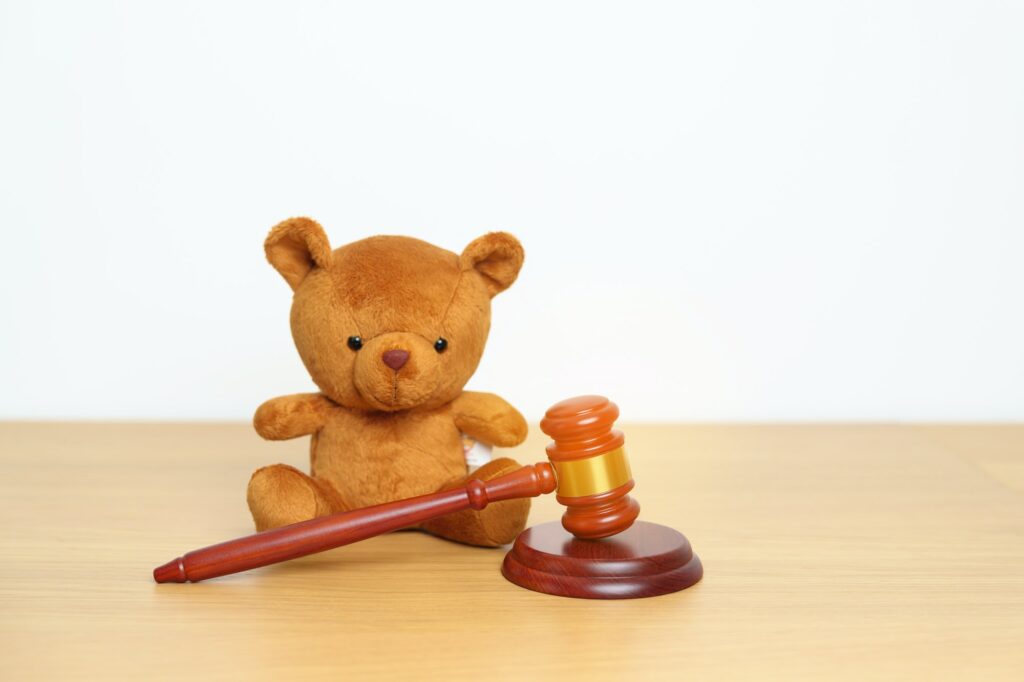In family disagreements, there are situations where the court may use Section 91(14) of the Children Act 1989. This rule allows the court to restrict further applications, which means that a person who wants to make another application needs to get permission from the court first. This is often used when the court proceedings have been lengthy or involved multiple cases.
Section 91(14) states: “When the court deals with an application under this law, it can order that no further application of a specific kind can be made about the child by anyone named in the order, without getting permission from the court.”
Section 91(14) has several implications within the context of child protection and parental rights. Here are some key points to consider:
- Protecting Children: The provision acts as a safeguard for children by preventing repeated legal proceedings that could disrupt their stability and emotional well-being. It helps maintain consistent and secure living arrangements for the child, which is crucial for their overall development.
- Managing Frivolous Applications: Section 91(14) provides a mechanism for the court to deal with individuals who misuse the legal system by repeatedly filing unfounded applications. It discourages vexatious litigation, ensuring that only genuine and legitimate matters are brought before the court.
- Prioritizing Child’s Welfare: When imposing restrictions, the court carefully considers the child’s best interests. The welfare of the child remains paramount, and any limitations placed on a parent’s or guardian’s ability to make further applications are intended to protect the child from unnecessary emotional upheaval.
Exceptional Circumstances: While Section 91(14) limits further applications, it does not entirely bar individuals from seeking legal remedies in exceptional circumstances. If there are significant changes in circumstances or new evidence emerges that necessitate revisiting the child-related matter, the court may consider such applications despite the restrictions.
Balancing Parental Rights: Section 91(14) acknowledges the importance of parental rights and involvement in a child’s life. However, it strikes a balance by ensuring that these rights are not abused or exploited to the detriment of the child’s welfare.
It’s important to note that an absolute ban on making any application to the court is generally not desirable, except in exceptional cases where the court has special powers.
Before making a Section 91(14) order, the court must ensure that the affected parties are fully aware of the application, understand its consequences, have knowledge of the evidence supporting it, and have an opportunity to express their opinions.
If a parent who is subject to a Section 91(14) order wants to bring a matter to court, they need to request permission by demonstrating that their case has a reasonable chance of success.
At Haris Law Solicitors, we understand the complexities of Section 91(14) orders and their impact on child protection and parental rights. Our experienced solicitors are knowledgeable in family law matters and can provide you with the guidance and support you need.

